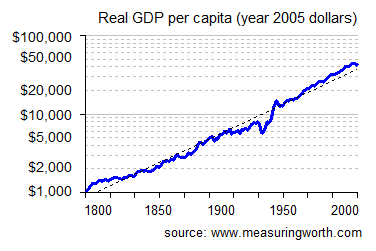- Apr 12, 2011
- 3,814
- 758
- 130
There's a lot controversy over derivatives such as exchange traded futures contracts and credit default swaps, and this is good because as markets change we need to change laws too. It's not so bad when most of the arguing helps lawyers more than markets; what's bad is when blind prejudice is stirred up by political hacks in order to grab power no matter how much harm is done. Most derivatives are transparent and useful. Most political attacks on derivatives are stupid, harmful, and self-serving....The problem with regulating banking and the stock market can be easily solved with a single piece of legislation. Congress should repeal the safe-harbor provisions of title 11 that exempt financial derivative contracts from bankruptcy. (Derivatives are really secret liens that conceal leveraged borrowing carried off balance sheet...
If what you're proposing is really as 'simple' as you understand, the tell us exactly which derivative contract safe-harbor provision is excluded where. If it really isn't simple enough to nail down here, then let's agree that it's controversial and there are good people on both sides.

